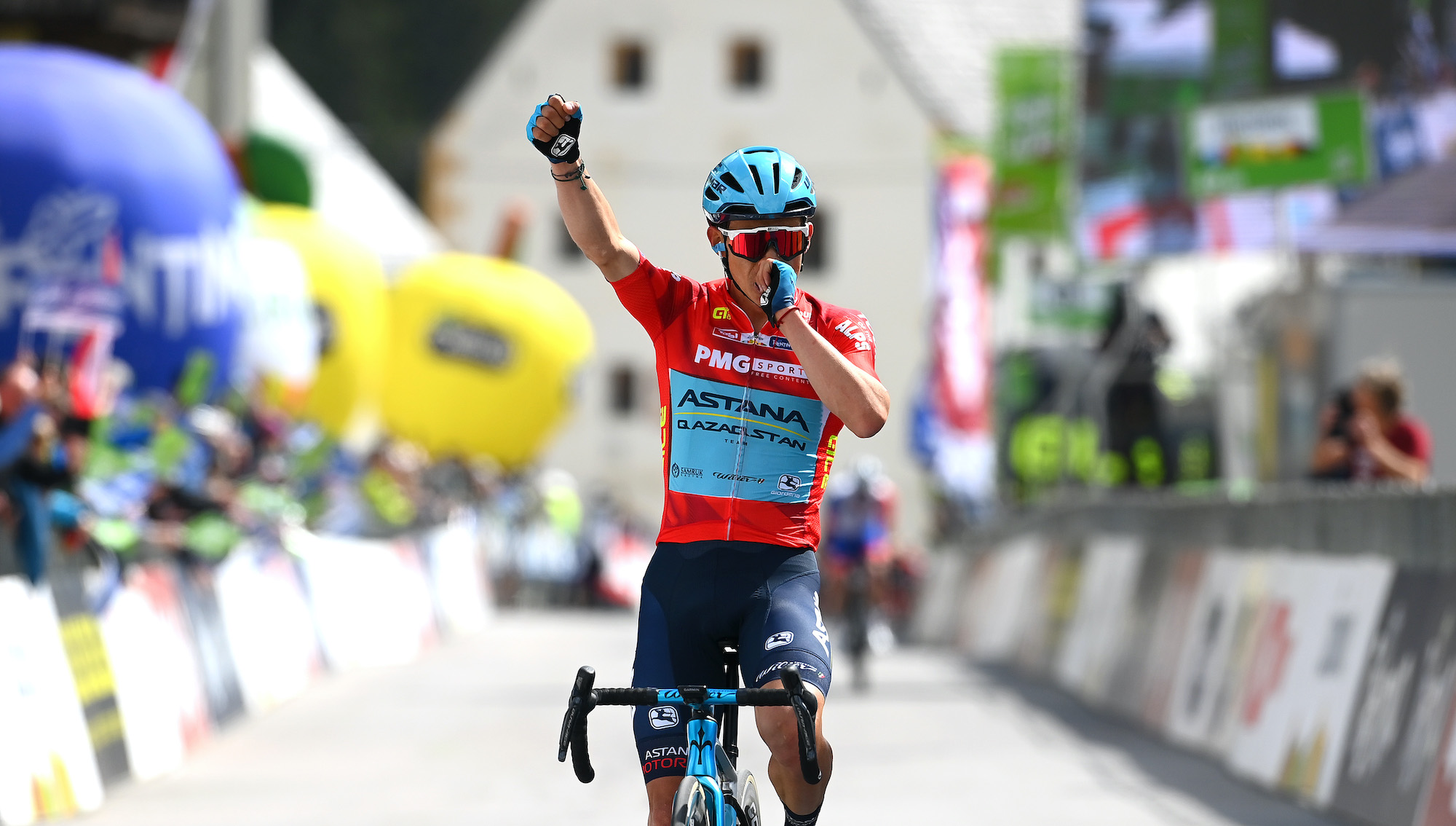
Miguel Ángel López has been banned for four years for using a prohibited substance, the UCI has announced.
The UCI’s anti-doping tribunal found the Colombian guilty of an anti-doping rule violation (ADRV) for the use and possession of Menotropin, a banned substance. The charges date back to 2022 when López was competing during the Giro d’Italia that year.
A press release from the cycling world governing body said: "In accordance with the World Anti-Doping Code and the UCI Anti-Doping Rules, the period of suspension started on 25 July 2023 and will remain in force until 24 July 2027."
According to the same release from the UCI, Menotropin is "a prohibited substance under class S2.2 (Peptide hormones and their releasing factors) of the prohibited list which is maintained by the World Anti-Doping Agency (WADA) and adopted by the UCI."
Menotropin - also called human menopausal gonadotropin or hMG - is a drug sometimes used to treat fertility disturbances.
The UCI explained that in order to find the Colombian guilty, the organisation had initiated disciplinary proceedings based on an investigation carried out by the International Testing Agency (ITA), the Spanish Guardia Civil and the Spanish anti-doping organisation (CELAD).
This all relates to Operation Ilex, a wider investigation carried out into the practices of Dr Marcos Maynar, a university professor who was arrested in 2022 for suspected drug trafficking and money laundering.
López, who up until recently was riding for Colombian based Continental team Medellin-EPM, has insisted he is innocent throughout his case.
In a statement posted on X on Wednesday afternoon, the Colombian wrote that he "deeply disagrees" with the four-year suspension.
"In my understanding, the offence does not exist and the sanction is unjustified," he wrote. "I will appeal immediately before the UCI and defend my innocence as I have always done. I have faith that I will return to the world of professional cycling."
In December 2022, López was dropped by his then team Astana Qazaqstan - who cited his “probable connection” to the doctor in the termination - but then took the team to the Court of Arbitration for Sport (CAS) over what he said was an “unlawful” breach of his contract.
A recent report into the wider findings of Operation Ilex by Spanish newspaper Marca claimed that professional cyclists could still be using methods, similar to those used by disgraced former Tour de France winner Lance Armstrong, to avoid positive results during anti-doping tests.
Privacy laws in Spain mean that doping controls carried out at athlete’s homes are not permitted between 23:00 and 06:00 am. According to the report, there have been occasions where the UCI has been able to obtain special permission from Spanish authorities to carry out tests within those hours, but that has only been in extreme cases.
As well as not being permitted to carry out night time tests, anti-doping officers cannot visit athletes at weekends.
An anonymous anti-doping expert told Marca that riders could well be using this system to avoid detection.
They said: "They have studies in which they know how long the substance lasts in their body and that means that, for example, doctors can 'prescribe' a substance at 11:01 p.m. so that, at 6:00 in the morning, there is no longer a trace in your body."
As well as winning a stage of the Tour de France, López has also won stages at both the Giro and Vuelta a España. It is not yet known whether any of his results will be annulled as a result of the ban and guilty verdict imposed by the UCI.







